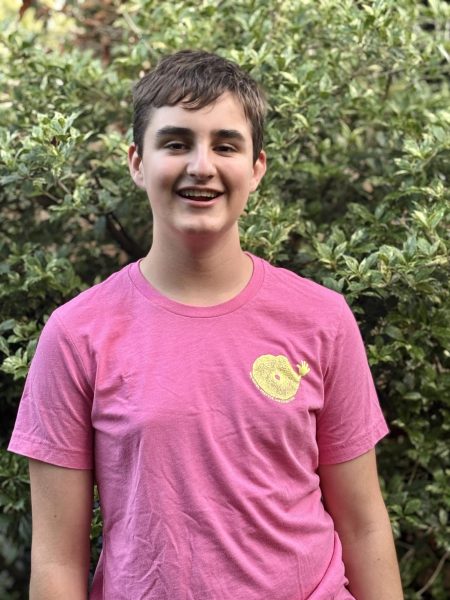On September 3, 2025, the Seattle Police Department (SPD) was released from federal oversight, a relationship that had been in place for 13 years since a 2011 investigation found that the SPD was using excessive force against citizens, leading the Obama Administration’s Department of Justice (DOJ) to sue the city of Seattle in 2012. The lawsuit resulted in a consent decree, an agreement binding the City of Seattle and the SPD to a settlement with the DOJ. The decree has been responsible for many policing reforms, including the creation of the Community Police Commission (CPC), responsible for representing community voices in matters relating to public safety and policing.
In addition to the creation of the CPC, the consent decree also required the city to self-assess compliance and submit reports to independent monitoring organizations, including a federal monitor. “In 2012, the Seattle Police Department really did not even track the level of force they used … they would stop and detain people unconstitutionally or unlawfully,” Dr. Antonio Oftelie, a federal monitor of the SPD from 2020 to 2025, said. SPD’s willingness to self-report alone shows reform within the department since the beginning of the consent decree.
The recent ruling ends the consent decree, returning full control of policing and monitoring to the city. To many, this ruling is a significant milestone for SPD as an organization. However, organizations like the CPC hold different views.
“The reason that CPC supported the consent decree going away is not because we think that everything’s fixed with the Seattle Police Department. It’s because we don’t see a benefit to [continuing] Federal oversight under this federal administration,” Eci Ameh, the Executive Director of the CPC, said.
Even though the consent decree has ended, city level oversight of policing remains. In 2017, the City of Seattle passed the Accountability Ordinance, which expanded the power of city-level oversight organizations and made the CPC’s oversight permanent. The CPC and organizations alike will now be responsible for future policing reform.
When asked about changes at the CPC after the end of the consent decree, Director Ameh said, “we’re gonna push harder. I can tell you that. I mean, I think that the consent decree going away means that nobody’s answering to the federal government.” Despite her organization’s support for the end of the consent decree, Director Ameh emphasizes that this is not necessarily a matter for celebration. “We’ve always reflected on [the end of the consent decree] as a solemn day, because it’s a day to reflect on the fact that policing was so terrible and egregious in Seattle that we even needed to be under federal oversight in the first place.”
As the consent decree ends after 13 years, what measures the SPD will take to continue to reform itself remain to be seen. “I think that the most important thing is to make sure that [the SPD] continue[s] to work with the community on continuous improvements on policing services,” Dr. Oftelie said. Ultimately, Oftelie believes their goal should be to work “with the community to better understand what every neighborhood needs from the Seattle Police Department.”
Graphic by: Nathaniel Myers






